Guide your students to identify and label the 4 parts of a circuit with this electrical circuit worksheet.
What are the 4 Basic Components of a Circuit?
Are your students starting to learn about the basics of circuits? Whether this is a question you’ve heard in your classroom or perhaps you need a bit of a refresher, let’s take a look at the different parts of a circuit and their function.
A circuit typically consists of four basic components:
Voltage Source (Power Supply) – This component is responsible for providing electrical energy to make the circuit work. It is usually depicted by a battery or power outlet and creates a voltage difference that moves electric charges through the circuit.
Path – The path serves as the route for the flow of electrical current between components in a circuit.
Load (Resistor, Lightbulb, etc.) –The load is the part of the circuit that uses the electrical energy to perform a specific task or function. This component could be a resistor, a lightbulb, a motor, or any other device that operates using electricity.
Switch –Switches are optional components used to control current flow in circuits. They can either interrupt or allow current to pass.
Looking for a Worksheet on Circuits?
Let there be light! 💡
Any time your students flip on and off a light switch at home, they’ll know how a circuit works!
Using this worksheet alongside your Electricity and Circuits Teaching Presentation, your students will be introduced to the 4 basic parts of a circuit:
- Load
- Path
- Power source
- Switch
Then, they’ll label each part on the diagram.
In this download, we’ve included 2 versions of the worksheet: one with the names of the 4 parts of the circuit and one without. If you opt to include the sheet with the 4 parts of a circuit listed at the top, it will be easier for your students to do the labelling in real time with the group discussion. The worksheet without the names proves more difficult, however. Once you’ve completed the lesson, use this sheet as an exit ticket to test what your students remember from earlier in the day.
Questions For Deeper Discussion with Your Students
After your students have finished working through this science activity, they should be able to answer the following questions about what makes a circuit work:
- How does a switch work?
- What does the path do?
- What does the battery do?
- What happens to the load when the circuit is closed? When it’s opened?
How to Get Your Electric Circuit Worksheet
If you are ready to get your hands on this set of electrical circuit worksheets, head on over to the green download button! Here, you can find the quick-print PDF document or the editable Google Slides file. If selecting the Google Slides option, please note that you will first be prompted to make a copy of the resource to your personal drive before accessing it.
This resource was created by Gaby Perez, a Teach Starter Collaborator.
More Resources For Teaching About Parts of a Circuit!
Wait! Don’t go anywhere until you browse additional activities and resources to turn on bright minds:
[resource:2162442] [resource:2099446] [resource:4863878]
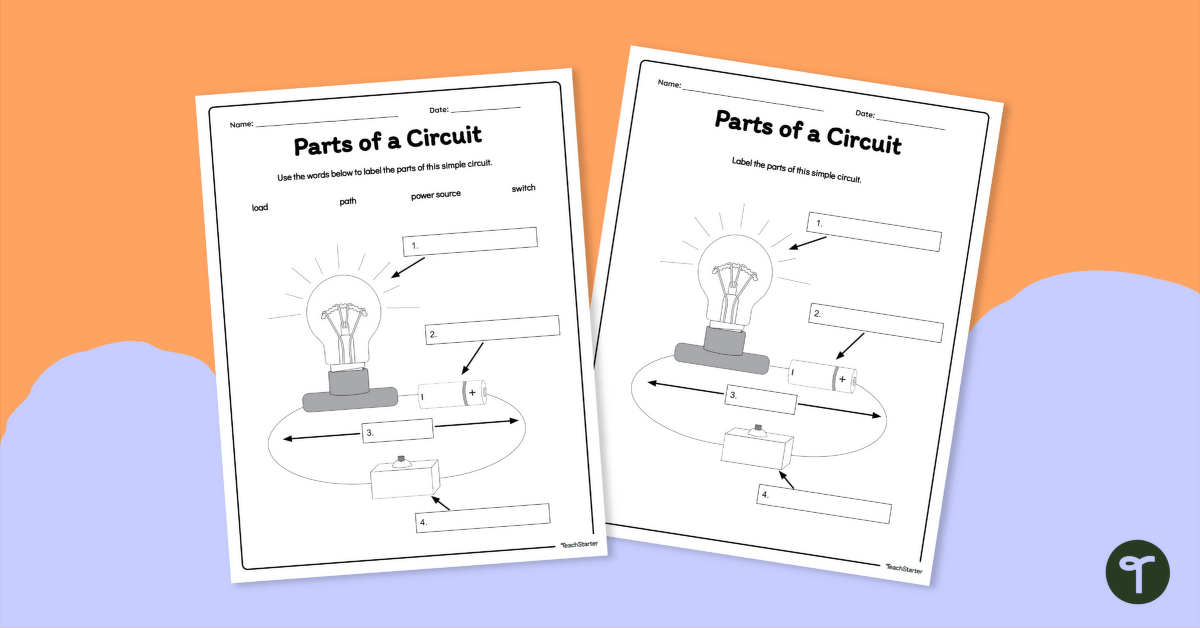


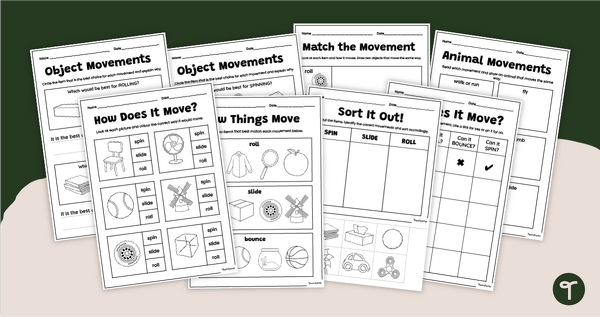
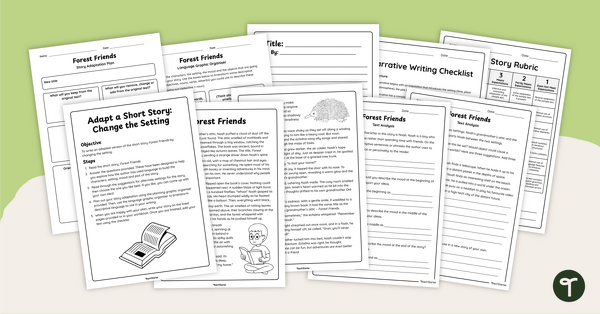

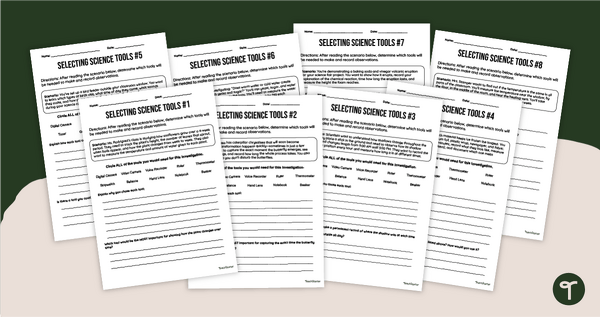
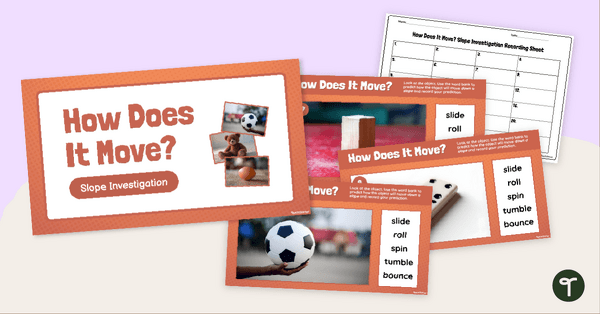


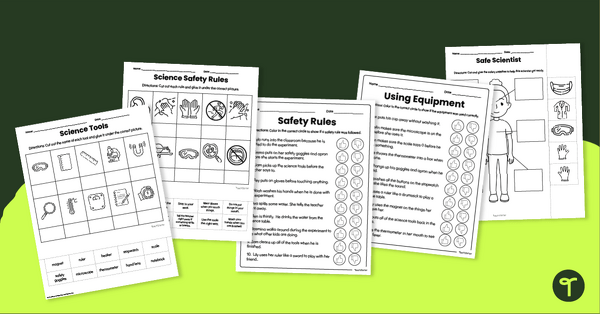
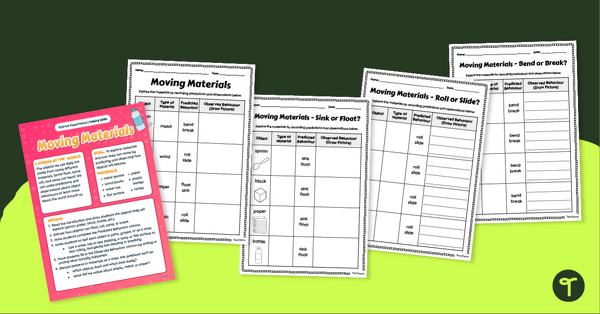
0 Comments
Write a review to help other teachers and parents like yourself. If you'd like to request a change to this resource, or report an error, select the corresponding tab above.